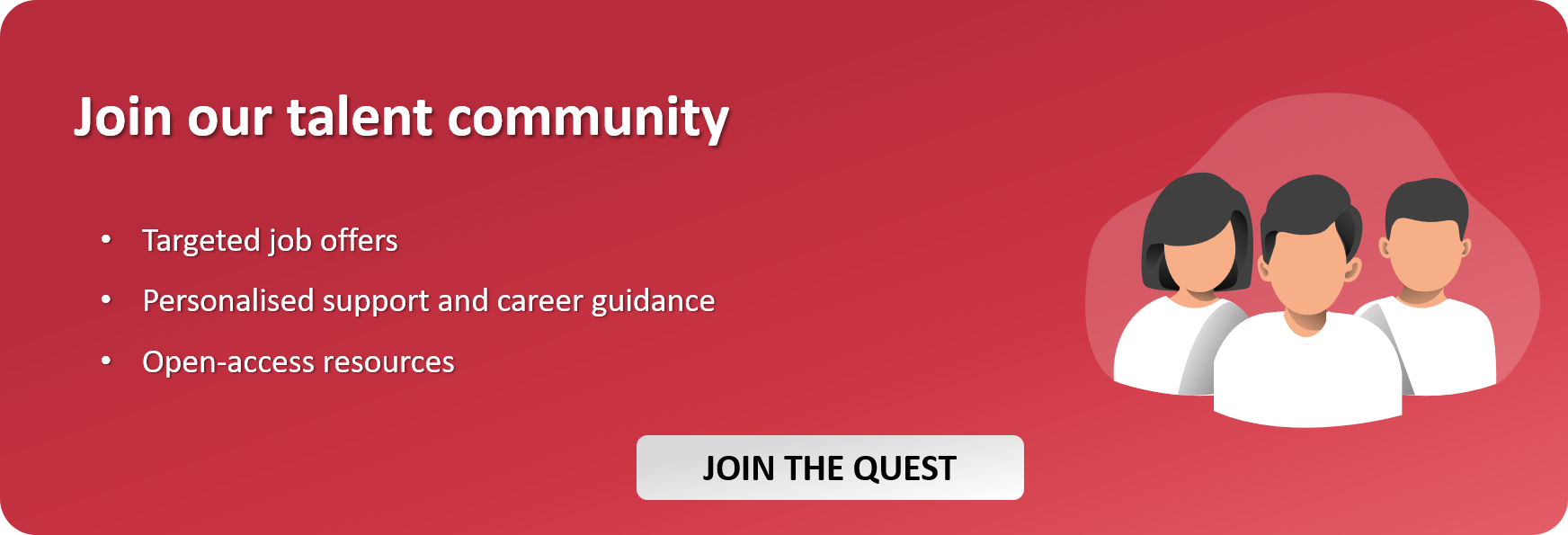Use our template to create a compelling and comprehensive Site Reliability Engineer job description to attract top talent.
The Site Reliability Engineer (SRE) is an increasingly coveted function within IT departments.
The Site Reliability Engineer role stems from an approach to production systems management created within Google in 2003. As well as from the expansion of the DevOps mentality. The function is based on the implementation of synergies between development and operations to accelerate the creation and deployment of applications.
Also discover our interview: How to Become an Azure MVP
What is the role of the SRE?
Analyze project specifications
The first mission of an SRE is to analyze all security and operational problems of an application. Figuring then out what works and what doesn’t to optimize it.
Work in collaboration with developers and salespeople
The SRE regularly meets with developers and salespeople to benefit from their feedback and do a better job. The opinion of both sides is important to understand user experience and what the users criticize in terms of safety/reliability. They must understand what the developers have do at the technical level to assess problems more effectively.
Deploy automation
In order to save time and be more efficient, the site reliability engineer should be able to set up automated processes for recurring tasks.
Also read the IT Infrastructure best practices
Required skills of the SRE
Be comfortable with programming languages
The SRE should also be able to write and program all types of applications. And should also be comfortable with the most used coding languages including JavaScript, Java and .NET. More recent tools, like Node.js or Golang, are also a plus.
Translate business language into technical language
In addition, when the SRE receives the specifications, they must be able to understand the app’s business goal and then put in place the technical means to resolve the problem.
Understand all points of view
The site reliability engineer will also have to put himself in the shoes of the developers. But also of the end users to understand what roadblocks may arise and how to overcome them.
Within the industry
In general, an SRE is first and foremost a developer, who, in addition, has knowledge of operational infrastructure and performance issues.
Salary of the SRE
The average daily rate of a Site Reliability Engineer fluctuates between €550 and €750.
Training to become an SRE
To become a Site Reliability Engineer, it is best to have a background in computer science and a focus in language and programming.
Join our community and find your next job or expert in IT
How To Code Well: Taking Breaks and Other Pieces of Timeless Career Advice







